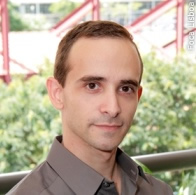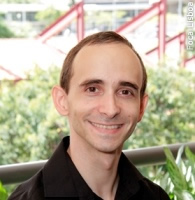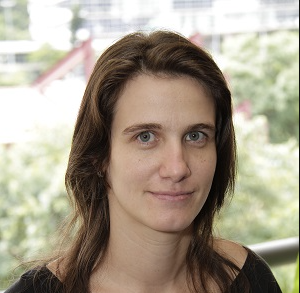
Denis Parra
Associate Professor at the Department of Computer Science, in the School of Engineering at PUC Chile. I am principal researcher at the National Center of Artificial Intelligence (CENIA) as well as principal research at the Millenium Institute for Intelligent Healthcare Engineering (iHealth). I am also adjunct researcher at the Millennium Institute for Research on Fundamentals of Data. I hold a professional title of Civil Engineer in Informatics in 2004 from UACh, Valdivia, Chile; and a Ph.D. in Information Science from University of Pittsburgh, USA, advised by Professor Peter Brusilovsky. I earned a Fulbright scholarship to pursue my PhD studies between 2008-2013.
My research interests are Recommender Systems, Intelligent User Interfaces, Applications of Machine Learning (Healthcare, Creative AI) and Information Visualization and I am currently leading the Human-centered AI and Visualization (HAIVis) research group as well as co-leading the CreativAI Lab with professor Rodrigo Cádiz. I am also Faculty member of the PUC IA Lab.










